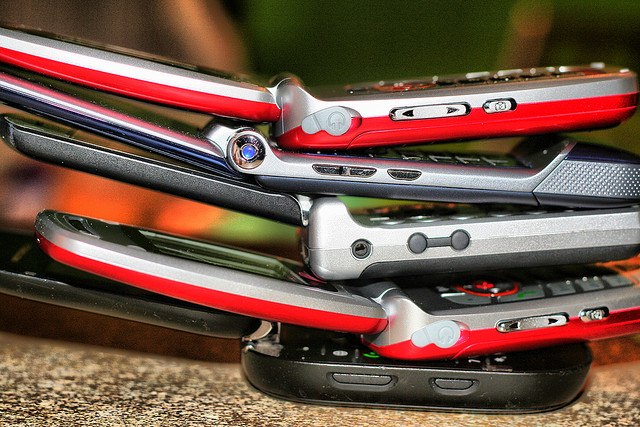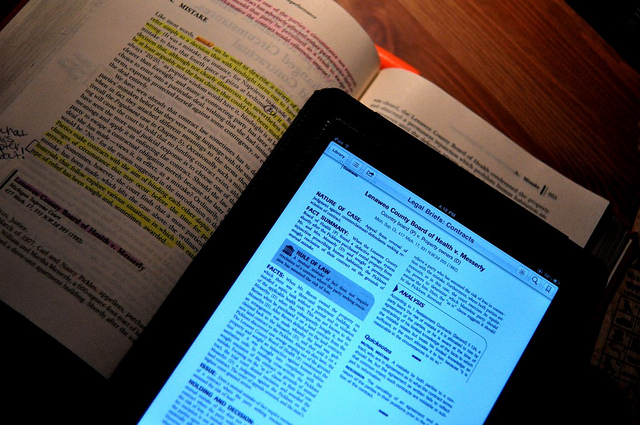The US Department of Justice says it plans to move forward with its proposed settlement with some e-book publishers, despite the “self-serving” comments submitted by Apple. In a 64-page response (PDF) to the comments it received on the settlement, the DoJ reiterated its reasons for suing Apple and publishers, accusing Apple of continuing to offer solutions that are “contrary to the public interest.” That’s a no-no, even if the old system pushed by Amazon was a “monopoly.”
When the DoJ first sued Apple, Hachette, Harper Collins, Macmillan, Penguin, Pearson, and Simon & Schuster in April of 2012, it said the companies had actively conspired to raise e-book prices. This allegedly forced consumers to “pay tens of millions of dollars more for e-books than they otherwise would have paid” since the iPad’s launch in 2010, both as a result of the iBookstore’s prices and Amazon’s eventual decision to adopt the same “agency model” pricing scheme that same year.
Three of the publishers—Hatchette, HarperCollins, and Simon & Schuster—immediately agreed to settle with the DoJ, leading to a slew of commentary being submitted from the public, publishers, and even Apple. And now that the comment period is over, the DoJ appears to feel even more strongly about its original complaint. In its response, the DoJ reiterated that it conducted a “lengthy investigation” into the e-book price increases of 2010 that “uncovered significant evidence that the seismic shift in e-book prices was not the result of market forces, but rather came about through the collusive efforts of Apple and five of the six largest publishers in the country.”
from Ars Technica




